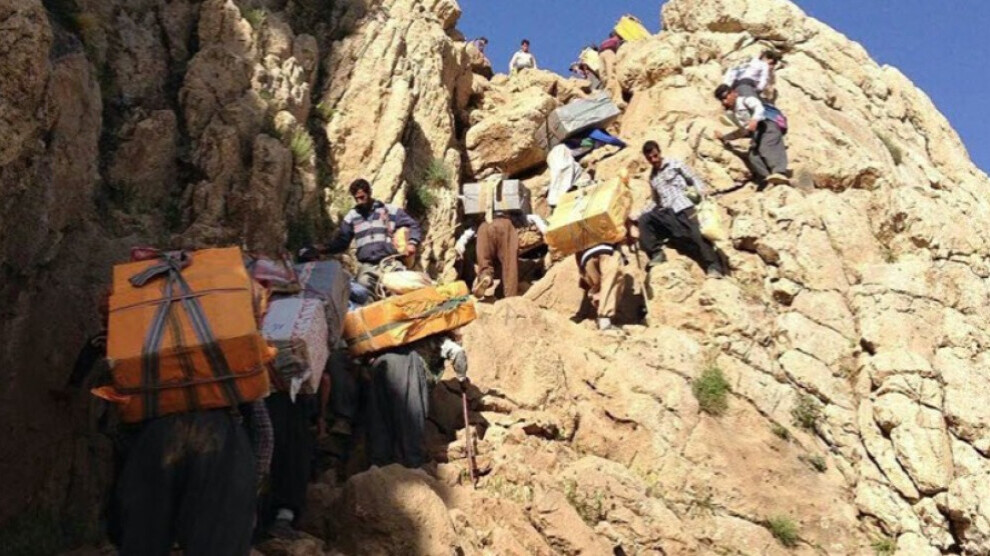63 kolbars killed, 233 others wounded by Iranian forces in 2024
Kurdistan Human Rights Organisation announced that 63 Kurdish kolbars were killed by Iranian regime forces during 2024.
Kurdistan Human Rights Organisation announced that 63 Kurdish kolbars were killed by Iranian regime forces during 2024.

Kolbars are Kurdish civilians who have to do border trade by risking their lives in the difficult geographical conditions of Eastern Kurdistan. Frequently targeted by the Iranian regime, kolbars continue to struggle for their lives due to harsh living conditions and attacks by regime forces.
The Kurdistan Human Rights Organisation published a report on the attacks on kolbars in Eastern Kurdistan during 2024. Accordingly, 63 Kurdish kolbars were killed and 233 others were wounded by the Iranian regime forces last year. Kolbars were mostly killed or wounded as a result of direct fire from Iranian security forces.
Highlighting the rights violations in the region, the organisation stressed that the Iranian regime systematically prevents civil society organisations and activists in Eastern Kurdistan from following and investigating such violations. For this reason, it added, the announced data may not fully reflect the reality.
Background
Eastern Kurdistan has descended deeper into poverty through the years due to deliberate policies by the Iranian regime and stands out as one of the poorest regions in Iran. Compared to other regions, the area has seen significantly less investment and development has been deliberately curbed. Agriculture and industry weren’t allowed to develop, and as a result, unemployment rose to the highest in Iran.
Faced with policies of discrimination, oppression and impoverishment, carrying smuggled goods is not a choice but a must for survival.
Kolbar comes from the Kurdish words, “kol” (back) and “bar” (load). Kolbars make their living carrying loads along the perilous borderline. Their loads include cigarettes, mobile phones, clothes, housewares, tea and seldomly alcohol. They walk through dangerous terrain to continue this trade between Southern and Eastern Kurdistan. The goods they bring are sold at high prices in Tehran, but the kolbars who risk their lives for them are paid very modestly.
The intermediaries who take the deliveries and find buyers in cities are called kasibkars. Kolbars and kasibkars range from 13 to 70 years old. Some only finished elementary school, while others are university graduates. They carry loads, because they can’t find any other employment.